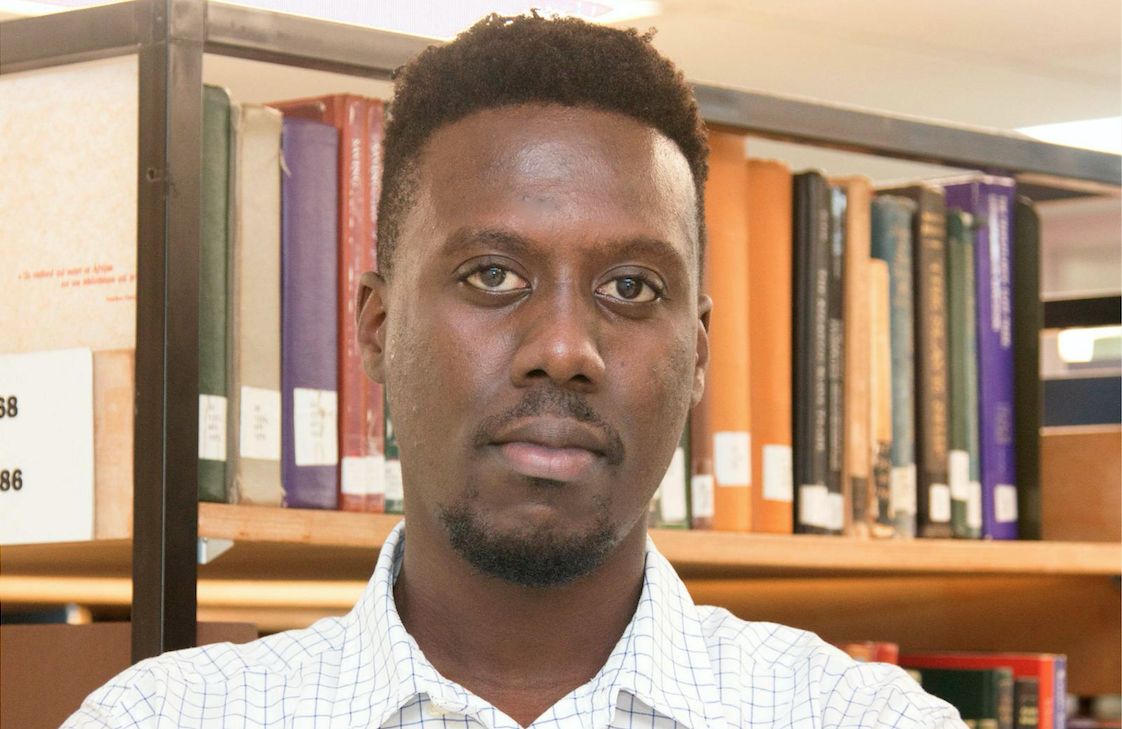Dr Ronnie Yearwood Retains Presidency of Democratic Labour Party in Resounding Victory

August 22, 2023
The Democratic Labour Party (DLP) presidential race concluded with Dr. Ronnie Yearwood retaining his position as leader, receiving 49% of the vote in a four-person race.
By Shamar Blunt
The writing was on the wall.
This is how political scientist Devaron Bruce framed the results from the Democratic Labour Party (DLP) presidential race in which Dr Ronnie Yearwood retained his position as head of the party.
Bruce, who in a previous interview told Barbados TODAY that the incumbent would have had a slight advantage over his challengers due to the influx of young people joining the party under his leadership, said Dr Yearwood’s victory with 422 votes was not unexpected.
His closest challenger was Dr David Estwick with 227, followed by Ryan Walters with 188 and Richard Sealy with 29.
“The writing was somewhat on the wall from early; the branches gave an early indication where they would go regarding who they wanted to lead the Democratic Labour Party. When you look at the final results in a four-person race, Dr Yearwood was able to garner about 49 per cent of the vote, which is pretty significant given he had three competitors.
“Second to him would have been Dr David Estwick, who I would have to say had a disappointing showing given his longstanding history within the party, but I think it is an indication that the party has moved on from certain elements of its past and is, in essence, charting a different future,” he explained.
When asked about Walters’ showing, Bruce said the businessman may have made a “miscalculation” in running against Yearwood.
“I think that his strengths may not be in leadership positions, or in the head leadership position. I think that it was problematic for him to run against the president in the sense that there was not sufficient opening for him that he can contrast himself sufficiently against Dr Yearwood,” the political scientist said.
“Ultimately, what you have right now is Dr Yearwood with a relatively strong mandate, given the fact that he has garnered almost 50 per cent of the vote in a four-person race. The Democratic Labour Party has endorsed him and, as he said, he has never shunned away from the fact that he has wanted to change the party. He has never shunned away from the fact that the party needs to move forward and, quite frankly, this is the party saying to the nation that it accepts it needs to move forward.”
Bruce also said it was a positive move by the DLP leader and the new first-vice president Michael Lashley to push for party unity and cooperation during their victory speeches after the election on Saturday.
“It’s a good combination of the old and new coming together, and they are clearly not diametrically opposed to each other because Mr Lashley did not challenge him. So, the unity argument is certainly important and I believe that two of them working in sync can bring that unity into fruition,” he said.
Political scientist Dr Kristina Hinds expressed similar sentiments about the need for unity within the DLP.
“I think it is important for what they said to actually be a reality, for the factions within the party and the infighting to settle a bit, especially for a political party that has no seats and is looking to consolidate itself. I don’t know that it is possible to get rid of that within a political party or any organisation, but to minimise the amount of it that can be destructive certainly would be a good step forward,” she said.
“In some ways, it may be a good sign that that party has settled down a bit behind a particular leader and now they need to focus on an election, whenever it comes.”
[email protected]


